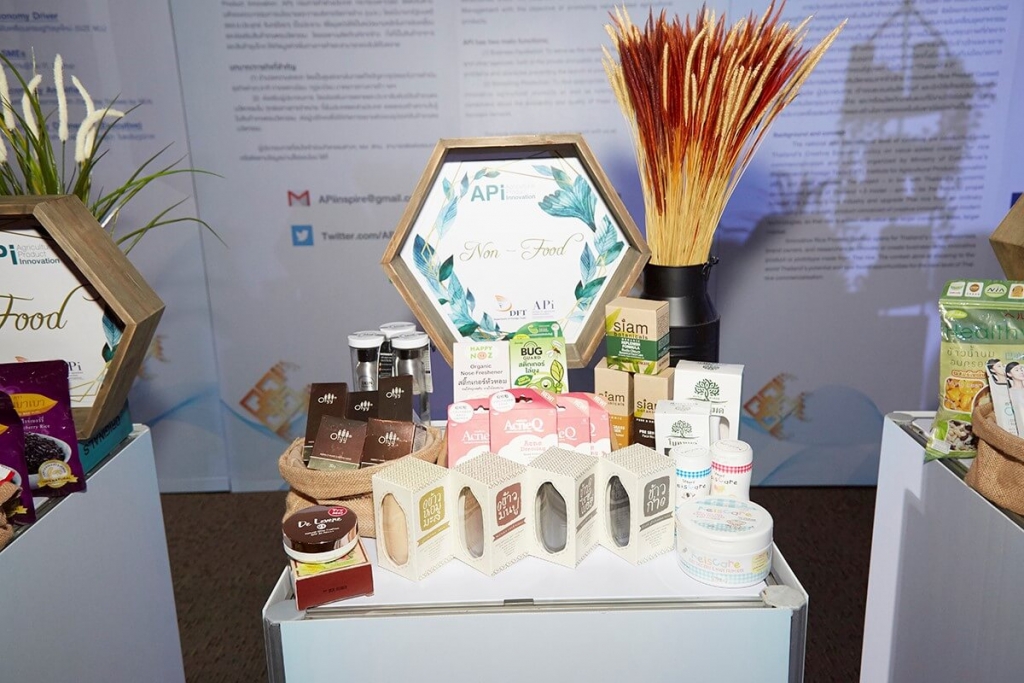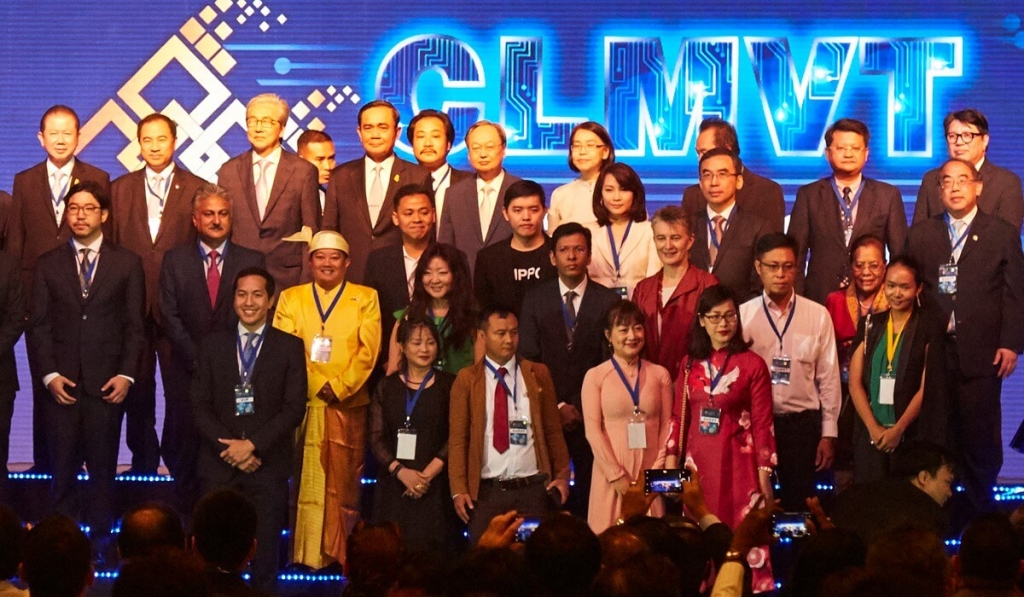The National Innovation Agency (Public Organization) or NIA took a group of potential Thai startups…

Cambodia, Laos, Myanmar, and Vietnam or known as CMLV countries and Thailand has a combined population of over 240 million and the GDP growth of 6.2% per annum.
Thailand’s trade volume with CLMV countries amount more than US$35,000 million, representing 10.6% of the total export.
E-Commerce, logistics, real estate and service business are interesting niche markets for Thai startups who eye to become a regional player.
Paul Srivorakul, founder of aCommerce Co., Ltd., a leading fully-integrated eCommerce service provider in Asia Pacific, said Thai brands are becoming more interested in expanding into CLMV countries as the combined population of the entire region are comparable to Indonesia.
aCommerce plans to expand into Vietnam next year. Prior to this, the company has expanded its business to five countries including in Thailand, Malaysia, Singapore, Philippines and Indonesia.
Thai brands are highly accepted in Vietnam. The Thai businesses can penetrate the regional markets but they should get prepared in terms of transportation, seeking local partners and expand to online channels.

Consumer goods, cosmetics, fashion, electronics are potential products to tap the opportunities in CLMV countries. Meanwhile, Thai startups can also tap into the markets by focusing on real sectors such as agriculture, tourism, and services. For example, Helpster, a platform to help corporate customers find full-time employees or part-time jobbers for the operational level.
The government can provide support in building Venture Capital (VC) in certain areas and focus on startups which specialized in particular fields.
Patai Padungtin, the founder of Builk Co., Ltd., a construction business startup, said CLMV is an emerging market with high growth potential. The region is a frontier market for Thai startups.
During the past two years, Builk Co., Ltd. has expanded into Southeast Asian markets, especially Myanmar and Laos. The company provides online platform for contractors.
Patai viewed that Thai startups should open up the B2B businesses which are easier to expand the businesses and find local partners who understand the local consumers’ behavior. Myanmar is the high growing market and the market can apply the business platform faster than expected.

Governments in Indochina countries including Myanmar, Laos, Cambodia and Vietnam are making investments in infrastructure, thus driving the growth of real estate sector. It has become an good opportunity for Builk to tap into the markets.
The Thai government can provide support by initiating transformation fund to support startups in certain areas such as services, tourism, manufacturing based on Internet of Things to enhance efficiency.
“We may bring Best Practices of Thailand and our areas of expertise to transfer to business partners in neighbouring countries.”
Thai startups are growing fast and strong. Meanwhile, they should seek opportunities to expand into regional markets with proper business models. Otherwise, we may lose opportunities, especially to China which comes up with global platforms that are difficult to compete.
Sitthikit Raviveravan, the co-founder of QueQ, a leading queue management software provider, said the company is now expanding into Malaysian markets and finding opportunities to tap into hospital sector of Laos.
QueQ started with providing queue management software for restaurants and expand into hospital sectors during the past four years.
He viewed that startups in Thailand and Indochinese countries can trade between markets and Thailand can build ecosystem that can facilitate startups from those countries to invest in Thailand too.
Meanwhile, Thai startups should seek opportunities to tap into B2B and logistics business, as ecommerce will expand the demand for logistics and several logistics startups will be able to enhance transportation efficiency.


